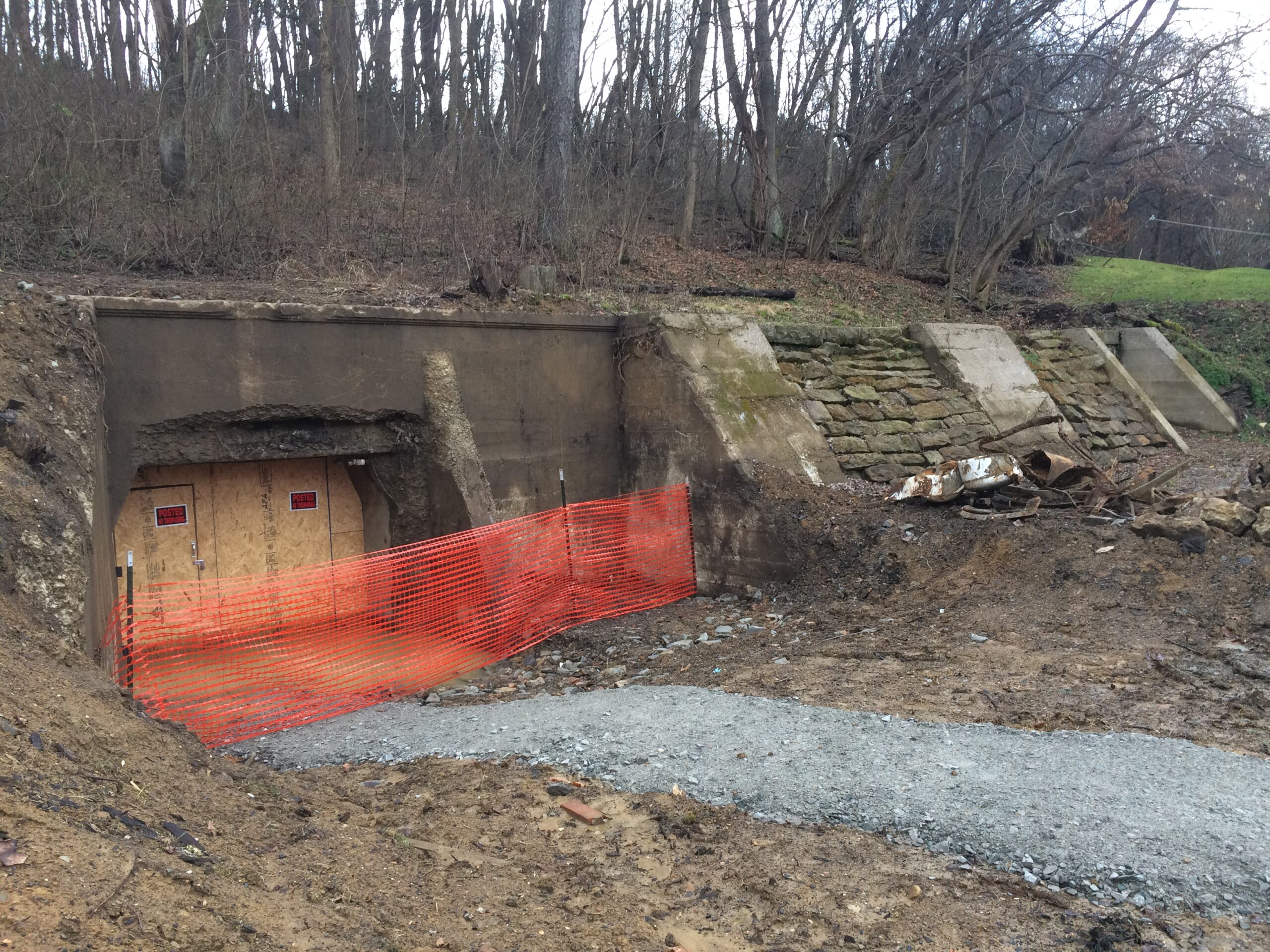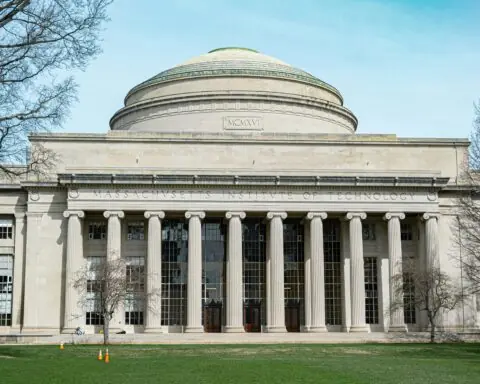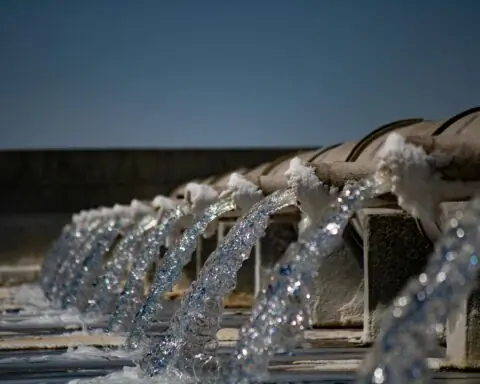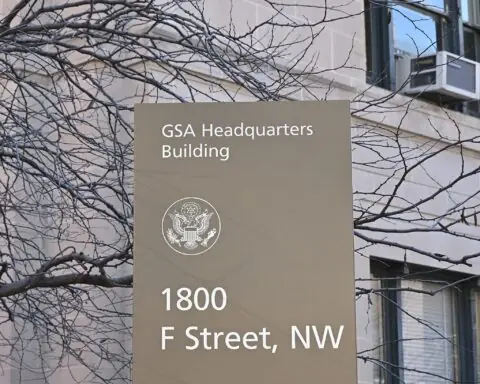The U.S. Department of Interior (DOI) is investing $244 million in funding to address environmental hazards caused by abandoned mine lands in Pennsylvania. The funding will help to reduce pollution, create local jobs for displaced workers and revitalize air and water quality in communities once powered by the coal industry.
“By reclaiming abandoned mine lands, we not only make our landscapes cleaner and safer, but we also create good-paying jobs and spur economic opportunities that will lift Pennsylvania’s middle class,” White House National Climate Advisor Ali Zaidi says in a press release. “The cleanup funded by these investments will allow Pennsylvania communities to position lands currently fenced away and idled as the sites for future manufacturing facilities or clean energy infrastructure.”
RELATED: New $725 million round of funding targets remediation of abandoned mines
The DOI’s Office of Surface Mining Reclamation and Enforcement (OSMRE) will distribute these federal grants for the state to expand its efforts in reducing legacy pollution, which refers to dangerous environmental hazards associated with uncapped oil and gas wells, abandoned coal mines and other past extraction activities.
Allocated through OSMRE’s Abandoned Mine Land (AML) Program, this investment will help Pennsylvania as it tackles the dangers of abandoned mine lands, which contribute to water pollution, land subsidence and underground fires. The initiative will seek to revitalize coal communities by creating good-paying jobs for displaced workers while improving local air and water quality through cleanup projects.
Under this round of AML grants, Pennsylvania will be eligible to utilize federal funding for several types of reclamation projects that improve public safety and reduce environment risks, including:
- Closure of dangerous mine shafts.
- Reclamation of unstable slopes.
- Restoration of water supplies damaged by coal mining.
- Improve water quality by treating acid mine drainage.
AML reclamation projects can also repurpose reclaimed lands for recreational use and economic development opportunities, such as advanced manufacturing and renewable energy infrastructure. In addition, these projects will prioritize employing current and former coal industry workers to avoid workforce displacement.
This federal funding builds on over $489.7 million for Pennsylvania’s AML reclamation initiatives in fiscal years 2022 and 2023.
The $11.3 billion AML Program is a large portion of the Bipartisan Infrastructure Law’s $16 billion Legacy Pollution Initiative. Representing a once-in-a-generation investment in pollution reduction, the initiative looks to plug America’s orphaned oil and gas wells and reclaim land once used for coal mining operations. The federal legacy pollution programs also adhere to the Justice40 initiative, which commits 40% or more of a federally funded project’s direct benefits to aid disadvantaged or underserved communities.
With grants released on a rolling basis, Pennsylvania was a recent beneficiary of the initiative’s $4.3 billion Orphaned Well and Gas Program, which allocated $76.4 million to the state to clean up orphaned oil and gas wells. To assist the cleanup, the state, in partnership with local, state and federal organizations, will utilize drones equipped with magnetometers and methane detection technologies to find and catalog defunct wells across Pennsylvania.
For coal mine lands, the AML program intends to provide grants to states to reduce environmental and public health risks associated with abandoned mines.
Recently, an AML program grant was delivered through North Dakota’s Abandoned Land Mine program to reclaim a 20-acre abandoned mine site in North Dakota. The Carrick Mine project created a pond that recharges fresh water to the region, eliminated 1,300 feet of dangerous highwalls and preserved a petrified tree stump, estimated to be nearly 60 million years old.
“The Bipartisan Infrastructure Law infuses coal communities with the funding necessary to turn past pollution into future prosperity,” OSMRE Principal Deputy Director Sharon Buccino says in a press release. “This historic funding is making people safer, cleaning up the environment and creating jobs. These are the outcomes that these communities need and deserve.”
Photo courtesy BuzzWeiser196













